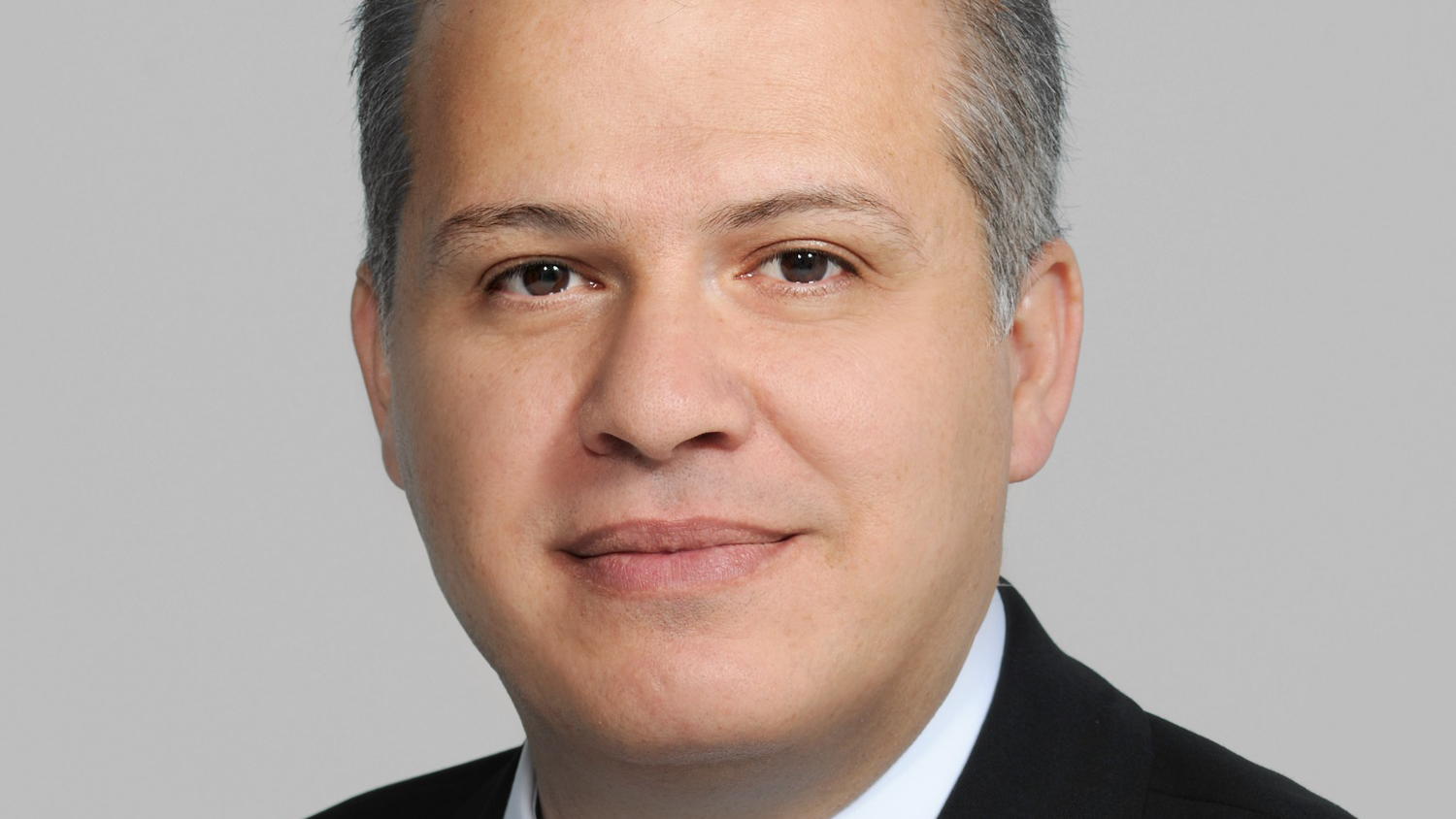In July, Thomson Reuters unveiled Westlaw Edge, the next generation of its legal research platform that uses artificial intelligence and advanced analytics to help legal professionals find answers and perform research more efficiently. The engineering of the AI that went into that was spearheaded by Dr. Khalid Al-Kofahi, vice president of research and development at Thomson Reuters and head of the company’s Center for Artificial Intelligence and Cognitive Computing in Toronto.
In the latest episode of LawNext, Al-Kofahi joins me to debunk some of the myths around AI in law and to discuss why building AI is harder than many lawyers realize. He says that three keys to the quality of an AI product are quality of the editorial inputs used to train the system, quality of the data that underlies the system, and subject-matter expertise by the team building the system.
A 20-year veteran of Thomson Reuters, Al-Kofahi has led the development of many advanced technologies that power products across Thomson Reuters, including natural language processing applications to mine information from text, large-scale text classification, recommender systems, vertical search, named entity extraction and resolution, question answering, language generation and summarization.
Al-Kofahi has a doctorate in computer engineering from Rensselaer Polytechnic Institute, a master’s degree in computer engineering from Rochester Institute of Technology, and a bachelor’s degree in electrical engineering from Jordan University of Science and Technology in Jordan.
Listen above, on Apple Podcasts, or via your favorite podcast player. To never miss an episode, subscribe on Apple Podcasts or via RSS, or like us on Facebook. And if you like what you hear, say something nice in Apple Podcasts. Your ratings help us reach more listeners.
Comment on this show: Record a voice comment on your mobile phone and send it to info@lawnext.com.
 Robert Ambrogi Blog
Robert Ambrogi Blog